The Silent Hero: Dr. Harvey Risch’s Fight for Truth in a Pandemic of Deception
In June 2020, as the world reeled from a global health crisis, Dr. Harvey Risch, a Yale-trained epidemiologist and professor emeritus, emerged as a steadfast voice amid the storm. Asserting that hydroxychloroquine could slash COVID-19 hospitalization risk by over 50% when used early in outpatient treatment, Risch challenged a medical establishment gripped by fear and rigid narratives. His stance, grounded in decades of scientific rigor, offered hope—but also made him a target in a polarized debate. Three years later, an interview with BrokenTruth.TV host John Davidson and historian R. Clinton Ohlers, PhD, captures Risch’s reflections on this battle, a narrative now amplified by emerging evidence of long-term harm from mRNA vaccines.
A Voice in the Wilderness
Risch’s journey began with a 2020 paper in the American Journal of Epidemiology, followed by a Newsweek piece that struck a chord with those questioning official responses. “Hydroxychloroquine cuts risk of hospitalization in half, more than half,” he reaffirms in the BrokenTruth interview. For Davidson, it was a lifeline, pulling him back into journalism after a 20-year hiatus. “Here comes this article from you, and it was just like, thank you,” he says. Yet, Risch faced a torrent of opposition—fueled by the Surgisphere scandal’s fraudulent data and Dr. Anthony Fauci’s insistence on randomized controlled trials (RCTs) as the sole arbiter of truth, a standard Risch deems arbitrary. “The FDA has a huge history of drugs… used without randomized controlled trials,” he notes, citing chemotherapy and antibiotics.
Leaving the Ivory Tower
Why risk his Yale pedigree? “I’m just not willing to lie about what nature says,” Risch declares. A scientist since childhood, he saw hydroxychloroquine’s outpatient success as undeniable—cheap, safe, and effective. “Why not use it?” he wondered in 2020, only to uncover a orchestrated suppression. The new Yale study bolsters his suspicions, suggesting that effective, low-cost treatments were sidelined to favor profitable mRNA vaccines, now linked to lingering health issues. “It became apparent that it was part of a campaign to do something else,” Risch says, his anger palpable over lives lost to this agenda.
The Pharma Playbook
Risch indicts a medical system corrupted by pharmaceutical interests, where journals and researchers are swayed by a $2 billion marketing machine dwarfing the $1 billion spent on drug research. The Yale study’s findings—spike proteins persisting in vaccinated individuals—echo his warnings about pharma’s suppression of generics like hydroxychloroquine and ivermectin. Peer review, he argues, is now a farce, with editors delaying or retracting valid studies under pressure. “It’s made medical research the Wild West,” he laments, a chaos the new data underscores as billions grapple with unforeseen vaccine consequences.
CNN attacks Dr. Risch for explaining the issues with trials, August 2020, CNN
Randomized Trials: A False God
Risch dismantles the RCT dogma, calling “evidence-based medicine” since 1991 an “affront.” Small trials, like those dismissing hydroxychloroquine, are flawed by bias, while modern observational studies—showing an 8% difference from RCTs per a 2014 Cochrane analysis—are equally valid. The Yale study’s non-randomized approach, revealing PVS’s immune markers, validates his stance. As mRNA’s long-term effects surface, his critique of oversimplified science grows urgent, pushing medicine beyond scripted reliance on flawed trials.
Pardoned Dr. Anthony Fauci discredits Dr. Risch in August 2020, CNN
A Perverted System
The interview darkens as Risch exposes systemic rot: hospitals inflating COVID deaths for profit, ventilators overused lethally, and data skewed to the CDC and FDA. “They incentivized the killing of patients,” Davidson charges, a sentiment Risch affirms. Ohlers cites Andrew Hill’s ivermectin delay, potentially costing half a million lives—mirroring the Yale study’s hints at suppressed solutions. With billions vaccinated and PVS emerging, trust in this “perverted system” erodes, amplifying Risch’s call for accountability.
The Gain-of-Function Question
Risch probes the pandemic’s roots, questioning gain-of-function research’s rationale. NIH-approved studies from 2015-2016 engineered coronaviruses without subsequent vaccines, a “lie” he ties to unchecked curiosity or worse. The Yale study’s immune findings hint at broader fallout from such science, fueling demands for transparency as mRNA’s legacy unfolds.
Hope Amid the Ruins
Ohlers asks Risch’s outlook as PVS data emerges. “Crimes against humanity,” Risch replies, decrying a science turned “free-for-all.” Yet, he urges the public to seek truth—reading works by Kennedy, Breggin, Malone, and Wolf. “Keep asking questions,” he advises, a mantra now critical as billions confront mRNA’s fallout. His fight, once solitary, aligns with a growing chorus demanding answers, with the Yale study as a clarion call.
Risch’s story, illuminated by BrokenTruth, is more than a scientist’s saga—it’s a lifeline for a world awakening to deception. As mRNA’s long-term harms surface, his voice guides us through the chaos, insisting we reclaim science from corruption.
An updated cut of our award-winning documentary “Epidemic of Fraud” was recently released. Learn how the people who helped bring fentanyl to the market tried to convince the American people that a drug similar to tonic water was deadly. With new updates, statistics, and retractions sprinkled throughout, it’s a movie anyone concerned with medicine, media, and public policy should see.
Watch now.


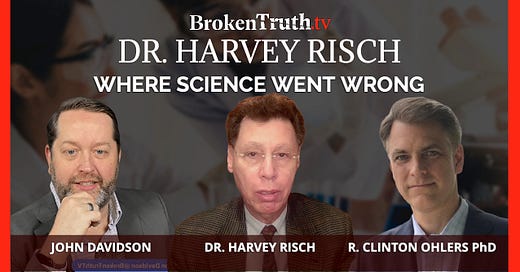

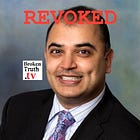
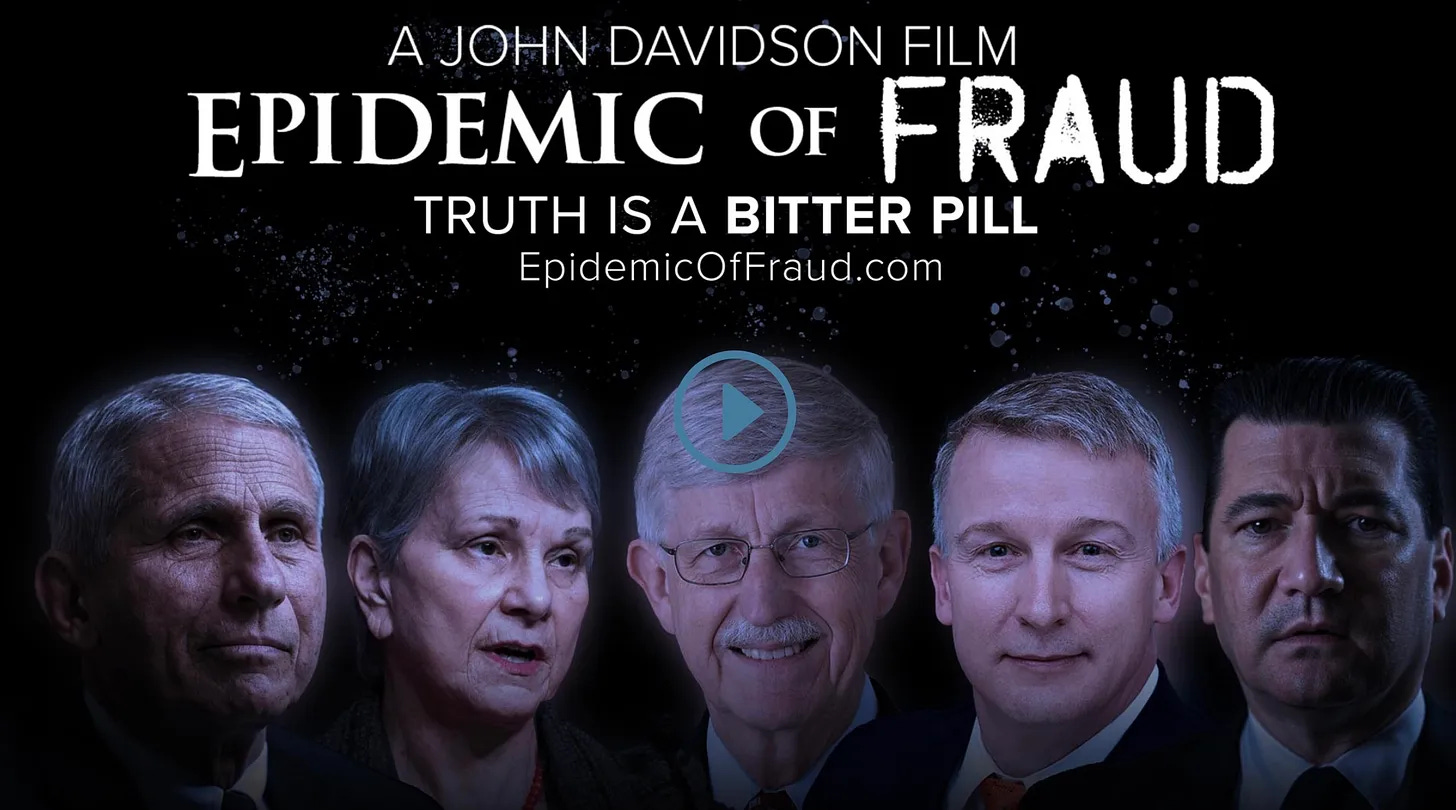
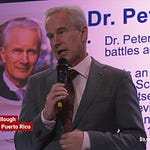
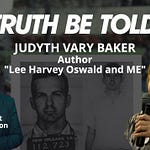




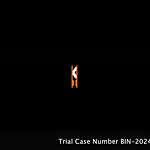
Share this post